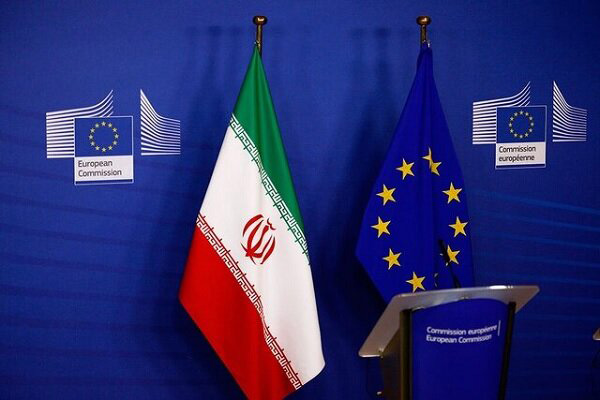
☢️ Iran Agrees to Restart Nuclear Talks with France, Germany, and UK
Tehran, Iran — July 20, 2025 — In a surprising diplomatic turn, Iran has agreed to resume nuclear negotiations with France, Germany, and the United Kingdom — collectively known as the E3 — according to reports from Tasnim News Agency, which is closely aligned with Iran’s Islamic Revolutionary Guard Corps (IRGC).
The talks are expected to focus on restoring trust, revisiting nuclear enrichment limits, and potentially revisiting frameworks similar to the now-defunct Joint Comprehensive Plan of Action (JCPOA).
Tasnim Confirms: Iran Will Resume Talks
Tasnim, quoting unnamed officials within Iran’s Supreme National Security Council, stated that "preparatory channels" for dialogue have been reactivated. While no firm date has been announced, initial consultations between mid-level diplomats may begin within weeks.
The report emphasizes that Iran is engaging “on its own terms” and that uranium enrichment will not be paused preemptively.
Background: JCPOA and Its Collapse
The original JCPOA, signed in 2015, aimed to limit Iran’s nuclear capabilities in exchange for sanctions relief. It collapsed after the U.S. withdrew in 2018 under President Trump, leading Iran to scale up enrichment and reduce IAEA inspections.
Since then, European powers have struggled to keep diplomacy alive amid growing regional tensions and worsening Iran-Israel relations.
Europe’s Diplomatic Push
France, Germany, and the UK have continued to advocate for diplomacy, fearing nuclear proliferation in the Middle East. Recent backchannel efforts were intensified after Israel warned it may take preemptive action if diplomacy fails.
A French Foreign Ministry spokesperson welcomed the announcement but cautioned, “Words must translate into verifiable action.”
Key Challenges Ahead
- Verification: Iran must allow IAEA inspectors full access to nuclear sites.
- Sanctions: Iran demands removal of economic sanctions, especially on oil exports.
- Trust Deficit: Mutual skepticism remains after years of broken commitments.
- Political Instability: Iran’s internal power dynamics may hinder sustained diplomacy.
Where Is the U.S. in All This?
While not directly involved in these European-led talks, U.S. officials have been briefed. President Biden’s administration supports multilateral engagement but is unlikely to re-enter the JCPOA without “significant safeguards.”
Iran, meanwhile, has stated it will not negotiate directly with the U.S. until sanctions on the IRGC are lifted — a major sticking point.
Market Reactions & Oil Prices
News of the potential diplomatic thaw briefly impacted global oil markets:
- Brent crude fell 1.4% on hopes of increased Iranian supply.
- Gold remained stable as geopolitical tension remains high.
- European equities gained modestly, signaling investor relief.
Expert Commentary
“This could be a genuine opening or just a diplomatic tactic to ease pressure,” said Dr. Leila Arash, senior fellow at the Center for Middle East Policy.
Jonathan Krugman, a geopolitical risk analyst, added: “What matters most is whether uranium enrichment can be frozen at acceptable levels — that’s the red line for Europe.”
Conclusion
Iran’s willingness to return to the negotiating table with the E3 may mark a critical moment in Middle Eastern diplomacy. While optimism remains guarded, any step toward dialogue is a welcome alternative to military escalation.
The world now watches to see if words will be followed by action — and whether diplomacy can once again defuse one of the most dangerous flashpoints in global politics.